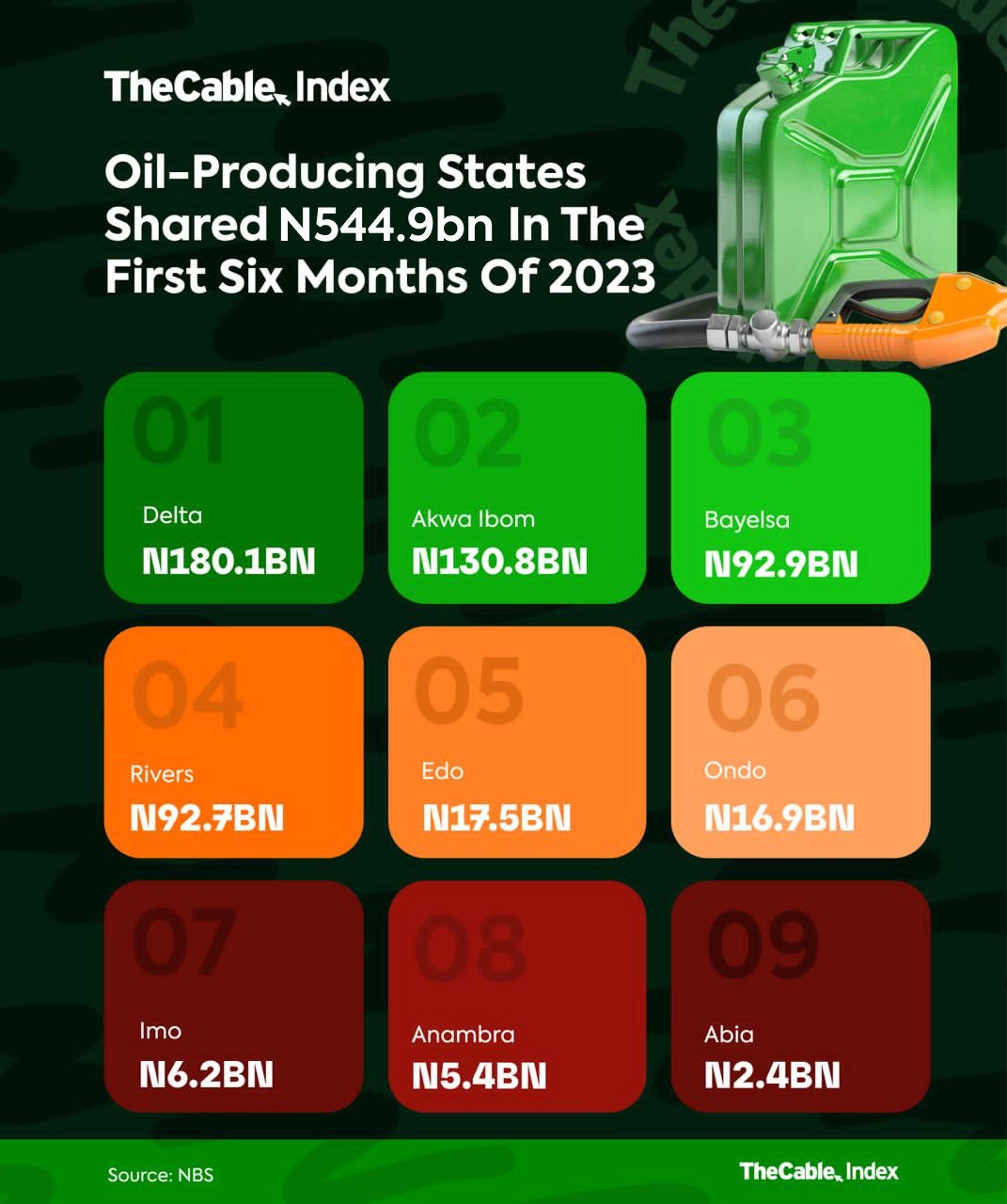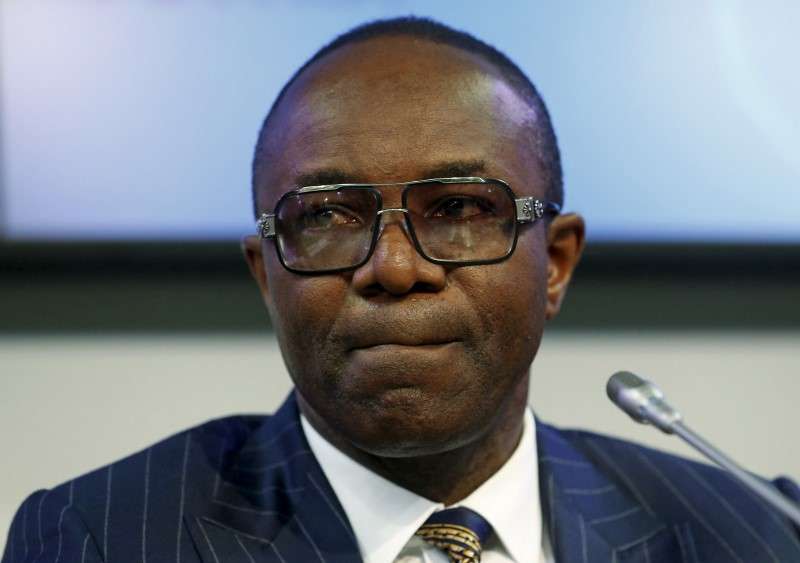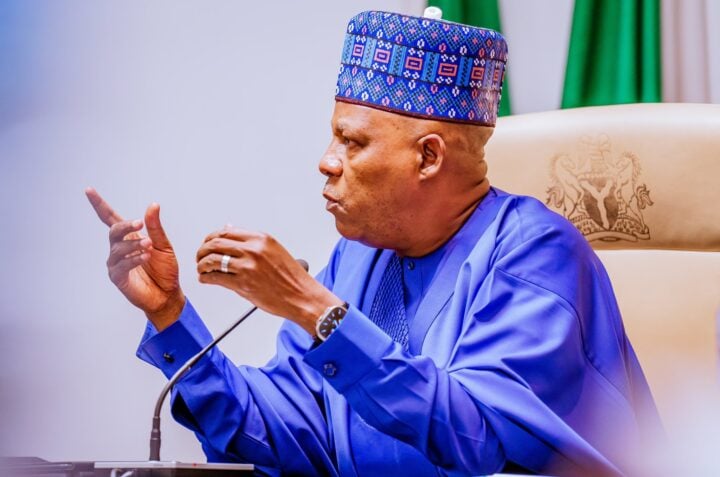The nine oil producing states shared N544.9 billion from the federation account, through the 13 percent derivation formula, in the first half of 2023.
National Bureau of Statistics (NBS) data showed that Abia, Akwa Ibom, Anambra, Bayelsa, Delta, Edo, Imo, Ondo, and Rivers were states that received the funds.
The 13 percent derivation fund comes from the federation revenue to oil producing communities through the state governments, as enshrined in section 162, sub-section 2 of the constitution.
Analysis of the report by TheCable Index showed that Delta state received the highest allocation totalling N180.1 billion, representing 33 percent of the total revenue from the derivation account.
Advertisement
Delta is followed closely by Akwa Ibom, having received N130.8 billion, representing 24 percent of the total disbursement.
Other states include Bayelsa (N92.9 billion), Rivers (N92.7 billion), Edo (N17.5 billion), Ondo (N16.9 billion), Imo (N6.2 billion), Abia (N2.4 billion), and Anambra (N5.4 billion).
The 13 percent derivation fund differs from the three percent provided for host communities in the Petroleum Industry Act (PIA), from the oil companies operating expenses (OPEX).
Advertisement
OIL STATES BATTLE DEBT AND INFRASTRUCTURAL DECAY DESPITE DERIVATION
In 2022, Delta and Akwa Ibom were the oil producing states that received the highest amounts from the federation account, with Delta receiving N296.63 billion and Akwa Ibom receiving N222.52 billion.
In a controversial comment last year, Nyesom Wike, former governor of Rivers, said President Muhammadu Buhari had approved the payment of funds owed to states in the Niger Delta since 1999.
According to Wike, the money approved by Buhari were funds owed from the 13 percent derivation, which he said had significantly aided his infrastructural strides in the state.
Advertisement
Although oil producing states receive 13 percent of the revenue from oil production, they still have a lot of debt and their infrastructure is in poor condition.
For example, as of Q2 2023, Delta state has a domestic debt of N465.4 billion, Rivers has a debt of N225.5 billion, Imo has a debt of N220.8 billion, and Akwa Ibom has a debt of N199.6 billion.
In February, Edwin Clark, an Ijaw national leader and convener of the Pan-Niger Delta Forum (PANDEF), asked Ifeanyi Okowa, the immediate past governor of Delta, to spend more of the 13 percent derivation funds on oil producing communities.
Clark, in a statement on Thursday, alleged that the 13 percent derivation funds received by the state government were mismanaged.
Advertisement
He described Okowa’s administration as a “reign of unaccountability”.
Clark said the state government has not spent the derivation funds on foremost areas and projects but on “favoured areas”.
Advertisement
The elder statesman argued that the funds ought to be spent on oil producing communities’ schools and projects in the state.
He also asked that records of the funds be released to the public.
Advertisement
‘OIL DERIVATION FUNDS WON’T SOLVE INSTITUTIONAL PROBLEMS’

Advertisement
“The slow pace of development in oil producing states is largely due to institutional problems, as it is in other non-oil producing states,” said Chimere Iheonu, a senior associate and economist at Kwakol Market.
“If non-oil producing states were given such derivation funds, similar issues would persist. Nigeria has an institutional problem, which is the major factor why we have a very slow pace in development.”
Iheonu also faulted the tax system in Nigeria as one of the reasons why states are not generating enough internally generated revenue (IGR). According to him, no state in Nigeria is optimising IGR generation.
“Tax systems are not efficient in Nigeria and these states. The informal nature of many businesses makes it difficult to boost IGR. It doesn’t necessarily mean that the states are lazy towards improving their IGR,” he said.
“Every government want more money in their coffers, so I cannot say it is a laziness problem. I would rather say it is a tax inefficiency problem.
“I personally do not think that there is any state doing exceptionally well in optimising IGR generation, both oil and non-oil.”
Joe Nwakwue, former chairman of the Society of Petroleum Engineers, told TheCable that oil-producing states see the derivation funds as additional revenue they can spend anyhow.
“Quite a lot of money has gone into the oil producing states via derivation with little or no impact. It’s a classic agency problem,” he said.
“The federation hands derivation which rightly belongs to the oil-producing communities to them through the states. The state is the agent of the federation.
“The problem is that the state is an imperfect agent and for the most part, sees these funds as additional state revenue that it spends on whatever catches its fancy.
“Also note that for the most, the oil producing communities are political minorities in those states and therefore have practically no voice.
“The PIA has also created a framework that hopefully will ensure that the funds and resultant projects get to the producing communities.
“We simply have to faithfully implement the provisions of the PIA.”
Add a comment







